Should Bulletproof sealer prevent oil stains on marble?
threeapples
10 years ago
Featured Answer
Comments (22)
Peke
10 years agolast modified: 9 years agoGreenDesigns
10 years agolast modified: 9 years agoRelated Professionals
Amherst Kitchen & Bathroom Designers · College Park Kitchen & Bathroom Designers · Wesley Chapel Kitchen & Bathroom Designers · University City Kitchen & Bathroom Remodelers · Athens Kitchen & Bathroom Remodelers · Camarillo Kitchen & Bathroom Remodelers · Sun Valley Kitchen & Bathroom Remodelers · Wilmington Kitchen & Bathroom Remodelers · Middlesex Kitchen & Bathroom Remodelers · Lackawanna Cabinets & Cabinetry · North New Hyde Park Cabinets & Cabinetry · Reading Cabinets & Cabinetry · Wadsworth Cabinets & Cabinetry · Cornelius Tile and Stone Contractors · Santa Rosa Tile and Stone ContractorsGreenDesigns
10 years agolast modified: 9 years agokitchendetective
10 years agolast modified: 9 years agocalumin
10 years agolast modified: 9 years agorococogurl
10 years agolast modified: 9 years agoPeke
10 years agolast modified: 9 years agoGranite City Services
10 years agolast modified: 9 years agothreeapples
10 years agokksmama
10 years agolast modified: 9 years agoVertise
10 years agolast modified: 9 years agothreeapples
10 years agoVertise
10 years agolast modified: 9 years agorococogurl
10 years agolast modified: 9 years agokksmama
10 years agolast modified: 9 years agoPeke
10 years agolast modified: 9 years agoVertise
10 years agolast modified: 9 years agocalumin
10 years agolast modified: 9 years agoStoneshine
10 years agolast modified: 9 years agoSparklingWater
10 years agolast modified: 9 years agonatebear zone 10B
10 years agolast modified: 9 years ago
Related Stories
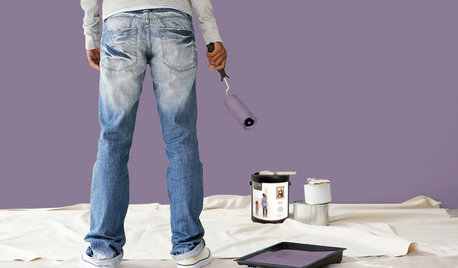
PAINTINGBulletproof Decorating: How to Pick the Right Kind of Paint
Choose a paint with some heft and a little sheen for walls and ceilings with long-lasting good looks. Here are some getting-started tips
Full Story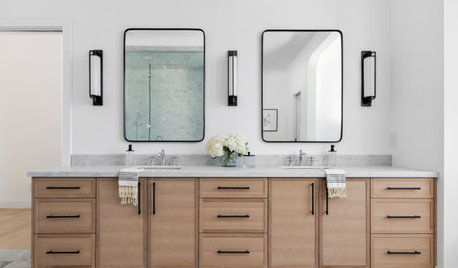
HOUSEKEEPINGHow to Clean Marble Countertops and Tile
Acidic solutions can damage your marble surfaces. Here’s how to keep marble looking clean and amazing
Full Story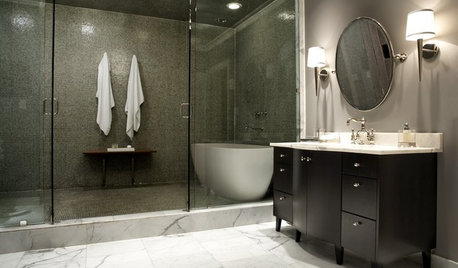
KITCHEN DESIGNUsing White Marble: Hot Debate Over a Classic Beauty
Do you love perfection or patina? Here's how to see if marble's right for you
Full Story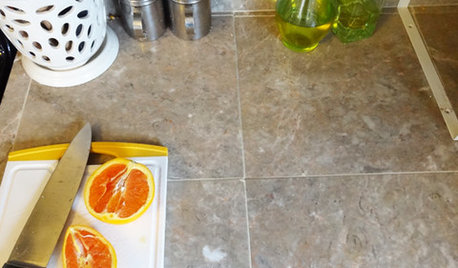
HOUSEKEEPINGHow to Clean Grout — Stains and All
If your grout is grossing you out, this deep-cleaning method will help it look new again
Full Story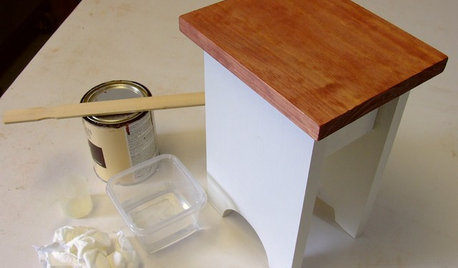
DIY PROJECTSCool Tip: Mimic Stain With a DIY Color Wash
Get the look of an oil-based stain without all the bother, using this easy wash made with paint
Full Story
HOUSEKEEPINGOut, Darn Spot! Tips for Removing Carpet Stains
Know the right solutions and when to use them to prevent stains from pets, soda, chocolate, blood and more
Full Story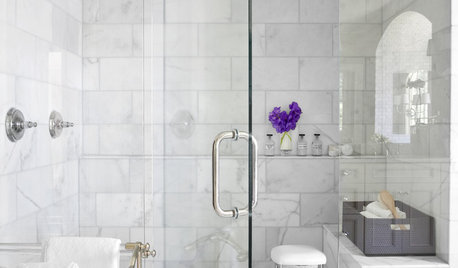
REMODELING GUIDESWhy Marble Might Be Wrong for Your Bathroom
You love its beauty and instant high-quality appeal, but bathroom marble has its drawbacks. Here's what to know before you buy
Full Story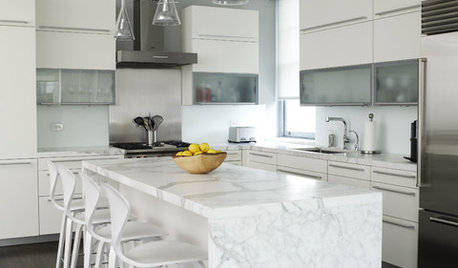
REMODELING GUIDESCarrara vs. Calacatta Marble: What Is the Difference?
The answer is in the color and veining of these popular Italian marbles
Full Story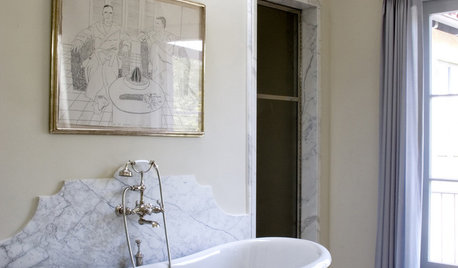
MATERIALS10 Modern Marble Looks
Marble has broken free of the standard kitchen countertop slab and is showing up on bathtub backsplashes, modern dining tables and more
Full Story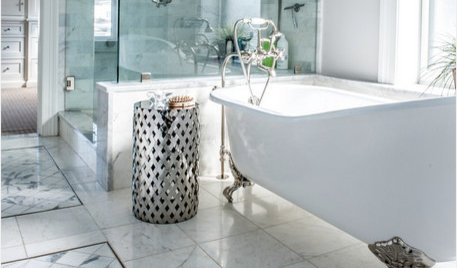
SHOP HOUZZHouzz Products: How to Create a Classic Look for the Bath
Try one of these 4 enduring styles with white Carrara marble, oil-rubbed bronze, ocean motifs or modern curves
Full Story





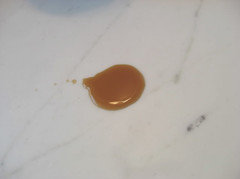

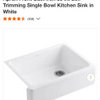


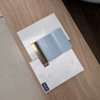
Granite City Services